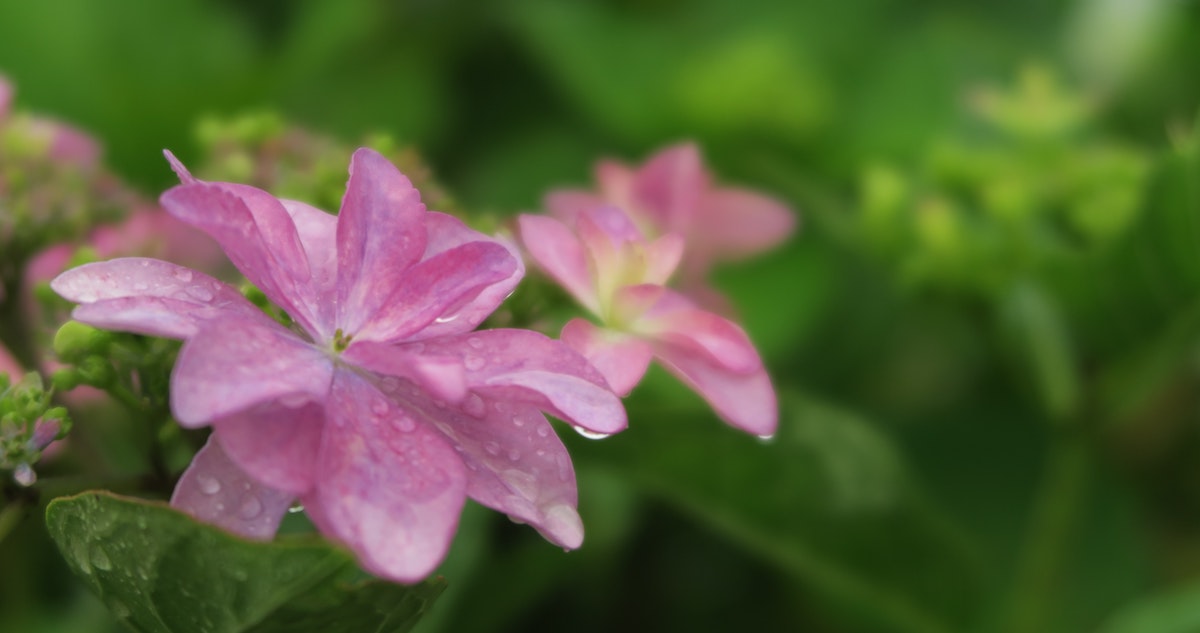In the past couple of years I have learned more about cemeteries than I would ever have cared to know. I have learned about purchasing plots and commissioning monuments. I have learned about proper etiquette and how different cultures relate to their dearly departed in very different ways. I have learned that a grave offers a place to go to grieve and, as importantly, a place to leave grief behind for a time.
One thing we learned quickly is that while a cemetery will take great care in burying a loved one, raising a monument, and sodding over the stark, bare earth, they will take very little care in watering that grass or ensuring that it grows and thrives. Once the grave is closed and the grass replaced, they will offer only the barest maintenance. That’s true, at least, of the cemetery we chose for our son.
We cannot tolerate the thought of Nick’s grave being covered in dry, brown grass. We cannot tolerate the thought of it becoming overgrown with weeds. We cannot tolerate the thought of it looking overlooked and abandoned. And so we tend to it with great care. We visit it regularly. We water it diligently. We maintain a tiny garden that sits up against the gravestone, adapting it to the seasons.
I might have been tempted to believe that grass would grow best if was only ever sunny and that flowers would thrive best under the constant glare of the sun. I might have been tempted to believe that days of gloom and cloud would slow progress and inhibit growth. But I have come to observe that this is not the case, for clouds bring rain and rain brings life. Meanwhile, unbroken sun quickly dries the ground and leaves it parched. We have come to look forward to dark skies and brooding clouds, for we know the grass will soon be greener, the flowers brighter and straighter, all of it more colorful and more beautiful.
You and I are not too different from grass and flowers, for as God sees fit to have them grow through sun and rain, he sees fit to have us grow through joy and grief. As it is his will that they display their beauty through good weather and bad, it is his will that we display our beauty through easy times and difficult. The beauty he wishes for us to display is the beauty of character that is heavenly rather than worldly, that is divine rather than so naturally human.
Such character does not come easily to us, for we enter the Christian life with long-established patterns of sinfulness and selfishness, of caring much for ourselves and little for others. For our lives to display godly beauty, we must be changed, we must be transformed. And this kind of transformation needs more than ease, more than merely good times.
If we are to be the Christians God wishes us to be, we must have sun and rain, clear days and cloudy.
For this reason God leads us into times of grief and sorrow, times of sickness and loss, times of pain and persecution. He knows that for us to truly thrive in this world and for us to truly be fit for what lies beyond it, we need both sun and rain, both joy and sorrow. In the bright sun of the best of times we may grow in love and joy and peace and patience, for these virtues tend to be the ones that spring up first and bloom fastest. But it is often only in the dark gloom of the worst of times that we grow in kindness and gentleness and self-control, for virtues like these tend to grow slowly and only under specific conditions. If we are to be the Christians God wishes us to be, we must have sun and rain, clear days and cloudy.
And so, as we approach times of sorrow and suffering, when they sweep over us with all their pain and all their tears, all their agony and all their uncertainty, we never need fear that God has forgotten us or forsaken us. We never need fear that we will emerge worse than we entered in. For God has ordained that these times are necessary for our growth, necessary for us to take on the beauty of godly character. God has ordained that we will be like flowers—flowers that spring up in the rain.










